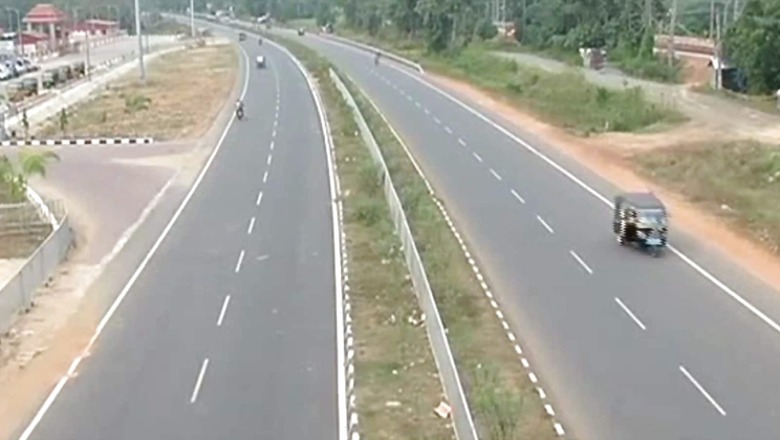
views
Artificial Intelligence (AI) powered solutions, such as collision alert systems, may soon make roads in India safer to drive. A unique AI approach that uses the predictive power of AI to identify risks on the road, and a collision alert system to communicate timely alerts to drivers, is being implemented here with the objective of resulting in a significant reduction of accidents.
The project, ‘Intelligent Solutions for Road Safety through Technology and Engineering’ (iRASTE), will identify potential accident-causing scenarios while driving a vehicle and alert drivers about the same with the help of the Advanced Driver Assistance System (ADAS).
It will also identify ‘grey spots’, i.e., by data analysis and mobility analysis by continuously monitoring dynamic risks on the entire road network. Grey spots are locations on roads, which left un-addressed, could become black spots (locations with fatal accidents). The system also conducts continuous monitoring of roads and designs engineering fixes to correct existing road black spots for preventive maintenance and improved road infrastructure.
The iRASTE project is under the I-Hub Foundation, IIIT Hyderabad, and a Technology Innovation Hub (TIH) set up in the technology vertical – Data Banks & Data Services – supported by the Department of Science and Technology (DST) under its National Mission on Interdisciplinary Cyber Physical Systems (NM-ICPS) along with INAI (Applied AI Research Institute).
The project consortium includes CSIR-CRRI, and Nagpur Municipal Corporation (NMC), with Mahindra and Intel as the industry partners.
The Hub is working to coordinate, integrate, and amplify basic and applied research in broad data-driven technologies as well as its dissemination and translation across the country.
Currently, talks are on with the Telangana government to adopt the technology in a fleet of buses that ply on highways. There are further plans to extend the scope of iRASTE to Goa and Gujarat as well.
I-Hub Foundation has also used techniques ranging from machine learning, computer vision and computational sensing for several other data-driven technological solutions in the mobility sector.
“One such solution is the India Driving Dataset (IDD), a dataset for road scene understanding in unstructured environments captured from Indian roads, which stands out by deviating from the worldwide assumptions of well-delineated infrastructure such as lanes, limited traffic participants, low variation in object,” the official said.
Read all the Latest Auto News here














Comments
0 comment